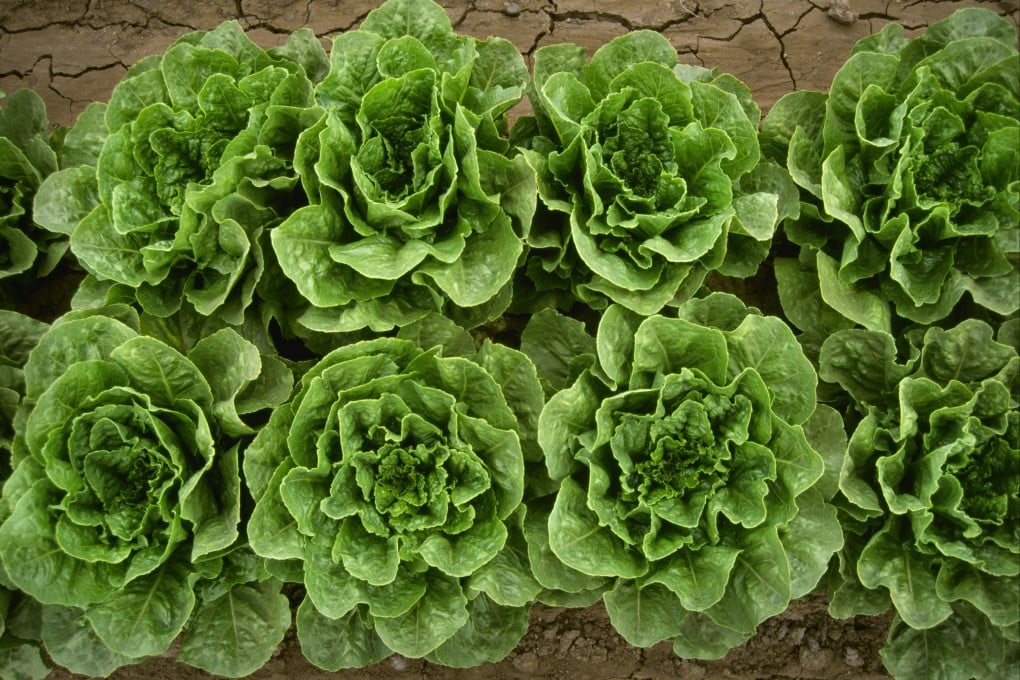Language Matters | After a lettuce famously outlasted Liz Truss, the origin of the word and how the ‘queen of the salad plants’ was once little more than a weed
- The word ‘lettuce’ has its roots in Roman times, with the present form being settled on in the 1700s
- It figured widely in 20th century American-English slang, while British politics today offers a further metaphor: lettuce as a measure of political shelf life

Lettuce – “queen of the salad plants”, as the 1975 classic Edible Leaves of the Tropics declared – encompasses several cultivars, the most common being loose-leaf, head and romaine (also known as cos), each with many varieties.
The origins of all varieties can be traced to a weedy form first used in ancient Egypt, the pressed seeds of which were a source of cooking oil.
The plant was then selectively cultivated to grow broader, longer leaves that were more appealing for consumption – images of which are depicted on 2500BC Middle Kingdom tomb walls. Such a varietal subsequently spread around the Mediterranean and to the Middle East.
The Romans referred to the plant as lactūca, lac(t)- meaning “milk” (deriving from the Proto-Indo-European *g(a)lag- “milk”), plus -ūca, a suffix forming nouns – alluding to the milky sap that exudes from the plant’s cut stem. The classical Latin lactūca gave Old and Middle French letue/ leitue/ laitue.
Related forms are easily recognisable: English lactate, French café au lait, Italian caffè latte. Greek γάλα/γαλακτ- gala/galakt- “milk”, sharing the same Proto-Indo-European root, gave galaxias, clipped from galaxias kyklos “milky circle”, becoming Late Latin galaxias “the Milky Way”, and the English galaxy.

